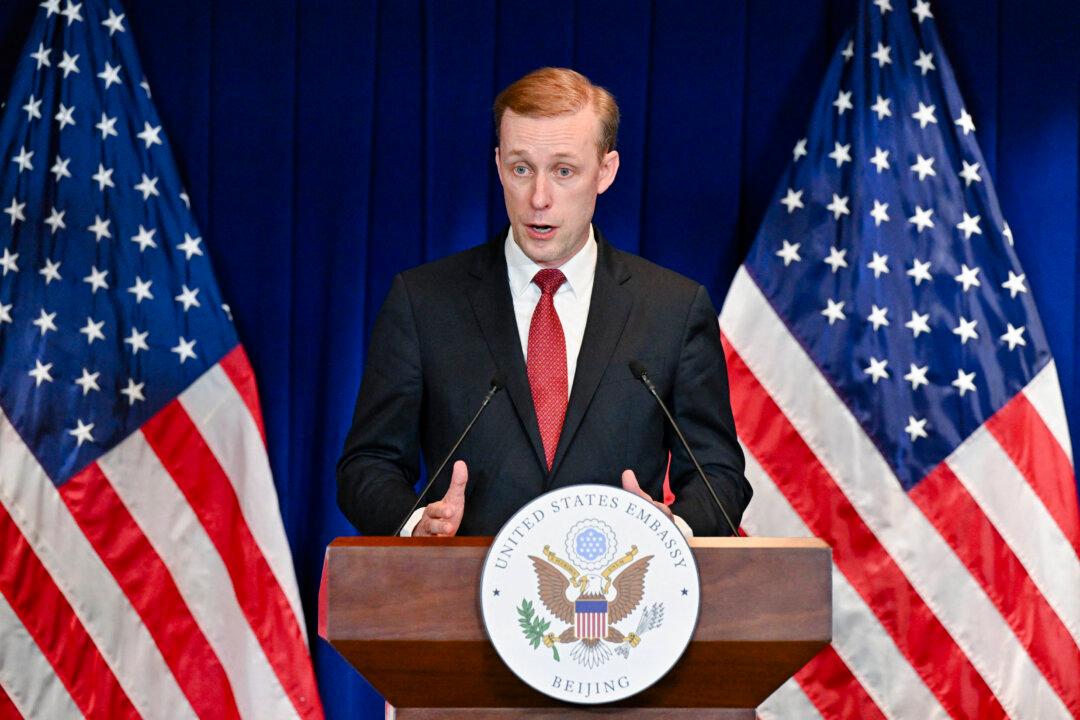National security adviser Jake Sullivan has said that with the emerging “alignment of autocracies” as the world takes sides in the Russian–Ukraine war, China faces a defining moment in cementing how the world will view it. If it takes the “darker path,” he said, it will no longer have a way forward as the world’s second-largest economy.
“China has a choice to make,” Sullivan said on Dec. 17 in a conversation with Eurasia Group and GZERO Media President Ian Bremmer at the 92NY in New York City. “It can either continue to tighten those links militarily, diplomatically ... [or] end up in a circumstance where it is really part of an axis.





